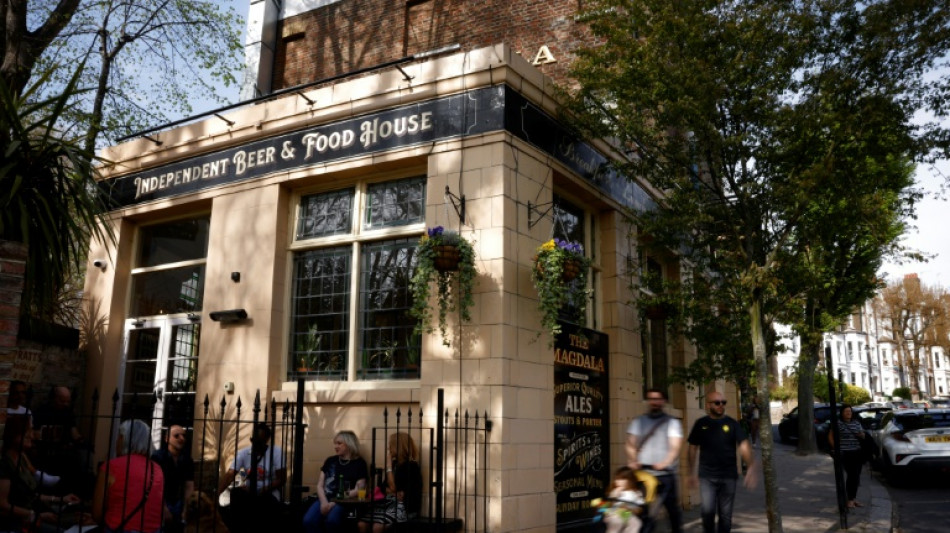

Grandchildren of last woman executed in UK seek her pardon
The grandchildren of the last woman to be executed in Britain have called for Ruth Ellis to be pardoned, 70 years after she was sent to the gallows for murdering her "abusive" lover, their lawyers said Wednesday.
Ellis, a 28-year-old nightclub hostess, was hanged in July 1955 for shooting dead racing driver David Blakely as he came out of the Magdala pub in London.
The case gripped Britain and was turned into the 1985 film "Dance with a Stranger" starring Miranda Richardson and Rupert Everett.
Four of Ellis's six grandchildren have formally applied to Justice Minister David Lammy for a posthumous pardon.
The application highlights the "repeated and long-standing sexual, emotional and physical abuse Ellis suffered" at the hands of Blakely legal firm Mischon de Reya, which is representing the family, said in a statement.
Such abuse was poorly understood at the time, but would in a modern-day case likely result in a charge of manslaughter not murder, the firm said.
Granddaughter Laura Enston, 46, told AFP a conditional pardon would correct a longstanding "injustice".
- Battered woman -
Enston's mother Georgina was just three when Ellis was hanged at London's Holloway Prison after the trial jury took just 20 minutes to find her guilty.
Enston said her grandmother would now have been considered a victim of battered woman syndrome and treated very differently by the justice system.
"At the time there was no appetite to give Ruth a fair chance and we now realise how much social bias was at play," she said.
The glamorous single mother-of-two from a modest background had shown no emotion during her trial.
"She inadvertently played up to that sort of cold-blooded killer persona that she'd been portrayed to be, but knowing what we know now about trauma and slow-burn provocation, Ruth was traumatised... and typical of domestic abuse victims," Enston said.
The abuse included an incident 10 days before the killing when Ellis suffered a miscarriage after Blakely, the baby's father, punched her in the stomach.
James Libson of Mischon de Reya, said Ellis "suffered considerably" at the hands of her "abusive, violent partner".
- Public outcry -
"While there is no dispute that Ruth Ellis killed David Blakely, the weight of evidence of her vulnerability makes it absolutely clear that she should never have been executed," he said in a statement.
Ellis's hanging provoked a public outcry and helped swing public opinion against the death penalty.
Following a number of other controversial executions and a series of miscarriages of justice it was permanently abolished for murder in 1969.
Two years after Ellis's execution the law was also changed to allow a defence of diminished responsibility.
The Court of Appeal in 2003 upheld Ellis's conviction after the family mounted an earlier attempt to clear her name.
Unlike court appeals however, pardons can be issued on the grounds of broader factors that may render a conviction unfair.
Enston, whose own mother sat her down to watch the film about Ellis when she was seven years old, said it had had a "devastating" effect on the family.
Her mother and uncle never really recovered and the grandchildren had felt the "ripple effects".
She said they were determined to correct the narrative around the case for themselves and their grandmother -- but also for the thousands of women who endure domestic violence every day and are "let down by the criminal justice system".
A.Kenny--MP


